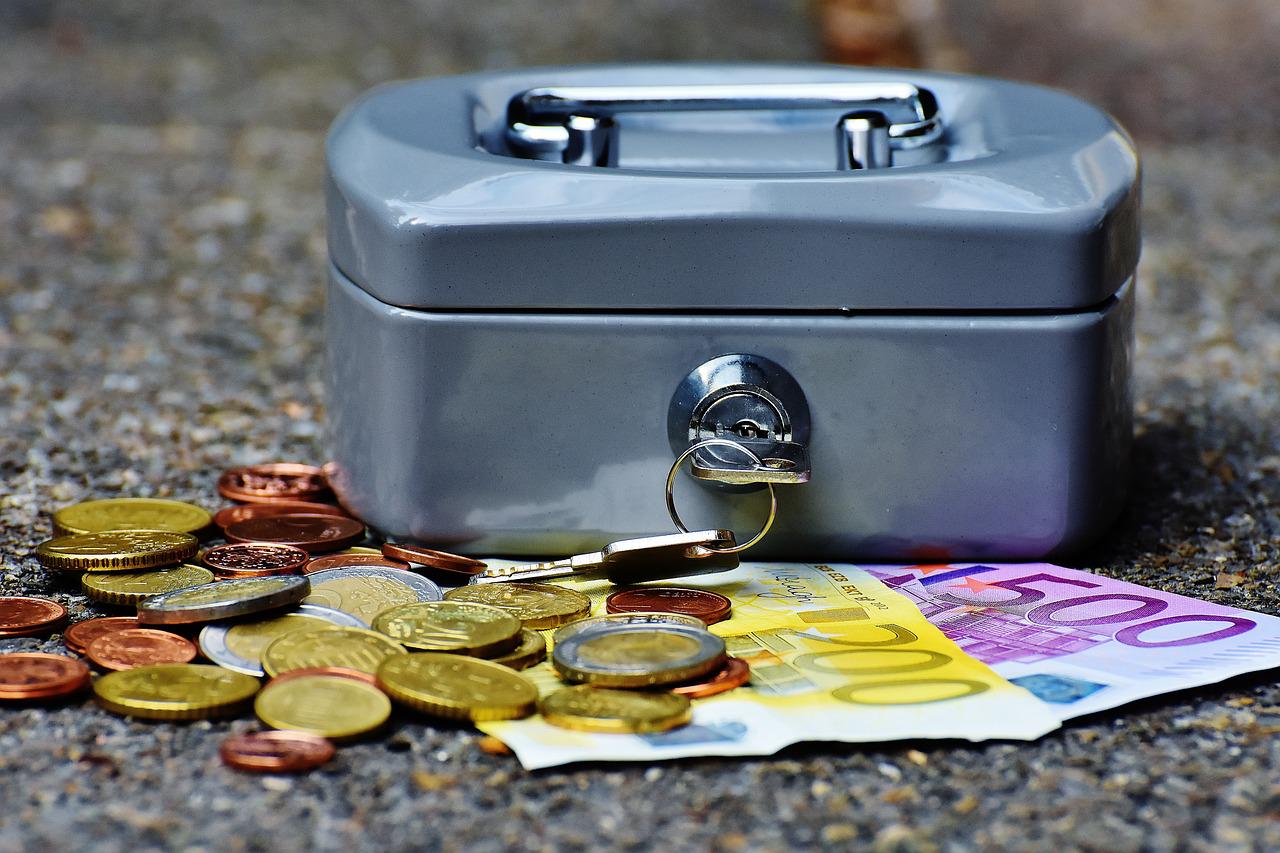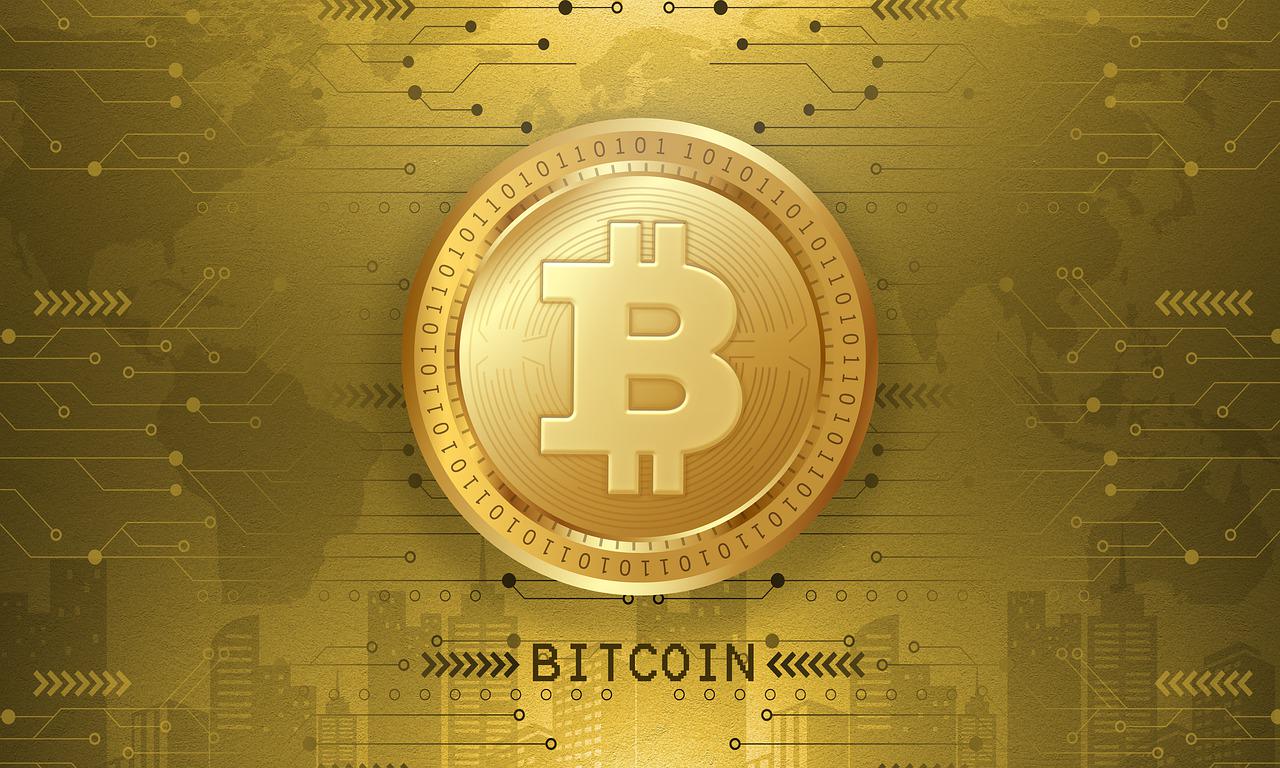In the disposal of virtual currencies involved in criminal cases, there are several contentious issues in both theory and practice, one of which is at what stage the involved virtual currencies should be disposed of. To put it more bluntly: do public security organs (investigative agencies) have the authority to dispose of them?
I. Introduction of the Issue
As a criminal defense lawyer and web3 lawyer, Lawyer Liu's biggest observation in daily work is that in criminal cases, the focus of parties involved, including judicial personnel from public security, prosecution, and defense, is almost entirely on the prison sentence, i.e., how many years the suspect/defendant might be sentenced to; while the property penalties in the case are often easily overlooked. In fact, the disposal of criminally involved property runs through the four stages of investigation, prosecution review, trial, and execution, and has a strong presence.
If we carefully study the current situation of property penalties in China's criminal justice practice, aside from the excessive discretion of judges, a prominent issue is the lack of standardized disposal of property, especially in criminal cases involving virtual currencies, where practices vary across different judicial organs. For instance, the stages for disposing of involved virtual currencies are not consistent.
While it is said that diversity is the source of happiness in the world, in the civil law system that prefers uniformity, coordinated actions are what is considered authentic. Therefore, Lawyer Liu discusses in this article the issue of stage selection for the disposal of involved virtual currencies in the current criminal justice practice related to virtual currencies.

II. Current Legal Provisions
(A) Scope of Involved Property
In China's Criminal Law, Criminal Procedure Law, and related judicial interpretations, there is no direct definition of "involved property." However, the Ministry of Public Security's "Several Provisions on the Management of Involved Property by Public Security Organs" states:
"The term involved property in these provisions refers to items, documents, and funds related to the case that public security organs extract or secure through measures such as sealing, seizing, freezing, detaining, retrieving, preliminary registration and preservation, sampling for evidence, recovering, and confiscating during the handling of criminal and administrative cases, including:
(1) illegal gains and their proceeds;
(2) tools used to commit illegal acts;
(3) illegally held obscene materials, drugs, and other prohibited items;
(4) other items and documents that can prove the occurrence of illegal acts and the severity of the circumstances."
The Supreme People's Procuratorate's "Regulations on the Management of Involved Property in Criminal Cases by People's Procuratorates" also has similar provisions: "Involved property refers to property and its proceeds related to the case that the People's Procuratorate seals, seizes, or freezes during the criminal proceedings, as well as property and its proceeds received from other case-handling organs, including the illegal gains and their proceeds of the suspect, property used for committing crimes, illegally held prohibited items, and other property related to the case and its proceeds."
In criminal cases involving virtual currencies, virtual currencies do not fall under the legally recognized "funds" in China, but the property attributes or value of virtual currencies have been a consensus in China's judicial theory and practice, thus they belong to involved property (specifically illegal gains, property used for crimes, or property of victims).
(B) Principle Provisions for Disposal of Involved Property
In China's criminal justice practice, the disposal of involved property is generally carried out by the court, and only the court has the authority to dispose of involved property. However, since this is a principle, there are exceptions. We will first discuss the principle and then the exceptions.
According to China's Criminal Law, all illegal gains of the suspect/defendant should be recovered or returned to the victim. Any property confiscated by judicial organs (illegal gains and fines) must be turned over to the national treasury.
In practical operation, Article 447 of the Interpretation of the Criminal Procedure Law provides clear guidance: for involved property transferred with the case, or property sealed or seized by the court, it should be handled by the court after the first-instance judgment takes effect.
However, in criminal cases involving virtual currencies, generally, virtual currencies are stored in public security organs, and subsequent stages in the procuratorate and court typically do not involve the physical transfer (wallet). The legal basis is found in Article 278 of the "Regulations on the Procedures for Public Security Organs Handling Criminal Cases": “For items that are not suitable for physical transfer, a list, photos, or other proof documents should be transferred with the case.” At this point, the disposal principle is that the involved property remains with the public security organs, and after the court issues a valid judgment, the court should notify the public security organs to dispose of it (turn it over to the national treasury, return it to the victim, etc.).
The main reason why involved virtual currencies are "not suitable for transfer" is that the procuratorate and court are relatively inexperienced in managing, disposing of, and liquidating virtual currencies, lacking the understanding that public security organs, as specialized investigative agencies for criminal cases, have regarding the characteristics of virtual currencies.
Thus, we can summarize: the disposal of involved property is generally carried out by the court after the court's judgment takes effect. However, the property here refers to involved property that has been sealed or seized by the court or property transferred with the case by the investigative or prosecutorial organs. For involved property not transferred with the case by the investigative or prosecutorial organs, the court will notify the disposal.

(C) Exceptions to the Disposal of Involved Property
Regarding the disposal of involved property, the principle is that it is handled by the court, but according to the "Regulations on the Management of Involved Property in Criminal Proceedings by People's Procuratorates," "Rules of Criminal Procedure for People's Procuratorates," as well as "Several Provisions on the Management of Involved Property by Public Security Organs" and "Regulations on the Procedures for Public Security Organs Handling Criminal Cases," both the procuratorate and public security organs have the authority to dispose of involved property. However, in current practice related to the disposal of involved virtual currencies, it mainly occurs within public security organs. There are two scenarios here:
First, public security organs dispose of property before the court has made a judgment. According to Article 21 of the "Regulations on the Procedures for Public Security Organs Handling Criminal Cases," for stocks, bonds, fund shares, etc., with significant market price fluctuations, upon the application or consent of the parties involved, and with the approval of the main responsible person of the county-level public security organ, they may be legally auctioned or sold;
Second, public security organs dispose of property after the court's judgment. Similarly, according to Article 20 of the aforementioned regulations, for guilty verdicts made by the court, if the involved property is held by public security organs, they should dispose of the involved property according to the court's effective judgment. This means that even if the court has made an effective judgment, the disposal of the involved property is still carried out by public security organs.
III. The Specificity of Judicial Disposal of Virtual Currencies
In criminal cases involving virtual currencies, due to the anonymity, decentralization, and globally distributed storage of virtual currencies, the investigation of such cases has certain thresholds. Even to this day, some grassroots judicial organs have a very primitive understanding of virtual currencies, making it difficult to effectively seal, freeze, or seize involved virtual currencies. Based on current practical situations, among the three judicial organs of public security, procuratorate, and court, public security organs generally have the most in-depth understanding and operational experience with virtual currencies. Some prosecutors or judges do not even know how to seize or transfer virtual currencies, nor do they understand the differences and usage methods of cold wallets and hot wallets.
Therefore, in practice, it is generally the case that public security organs liquidate the involved virtual currencies first, then seize the corresponding amount of RMB after liquidation, and transfer it with the case; or in cases where there is no urgent need for liquidation, public security organs continue to store the involved virtual currencies until the court's judgment takes effect, after which public security organs will dispose of them.

IV. Conclusion
In summary, regarding the disposal of involved virtual currencies, if following the criminal procedure, it is best to dispose of them after the court's judgment; however, in cases where the conviction and sentencing can only rely on the cash amount of the involved virtual currencies, disposal can occur before the judgment; if following the judicial organ responsible for disposal, current judicial practice is that disposal is carried out by public security organs. Of course, it does not rule out the possibility that in the future, as the business capabilities of the procuratorate, especially the case handlers in the court, continue to improve, and there are no longer any technical barriers to the custody and disposal of virtual currencies, the court will directly take charge of the disposal of involved virtual currencies.
免责声明:本文章仅代表作者个人观点,不代表本平台的立场和观点。本文章仅供信息分享,不构成对任何人的任何投资建议。用户与作者之间的任何争议,与本平台无关。如网页中刊载的文章或图片涉及侵权,请提供相关的权利证明和身份证明发送邮件到support@aicoin.com,本平台相关工作人员将会进行核查。



